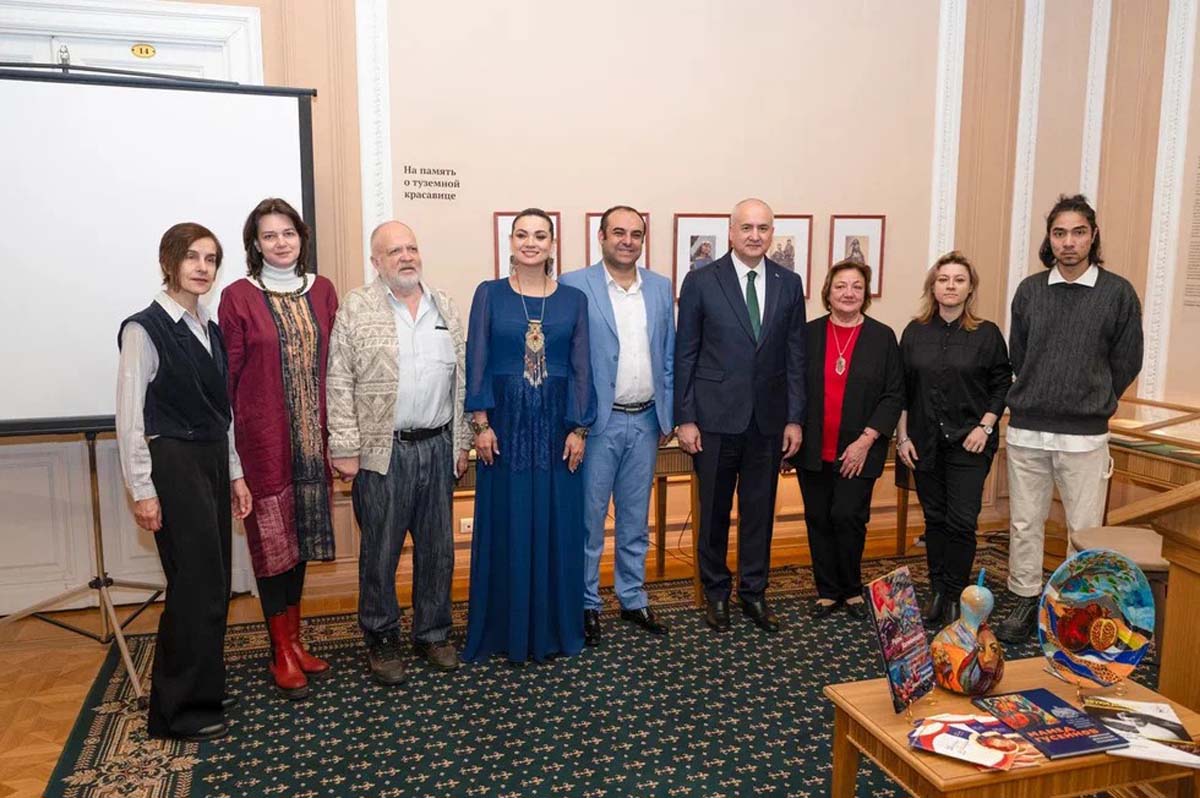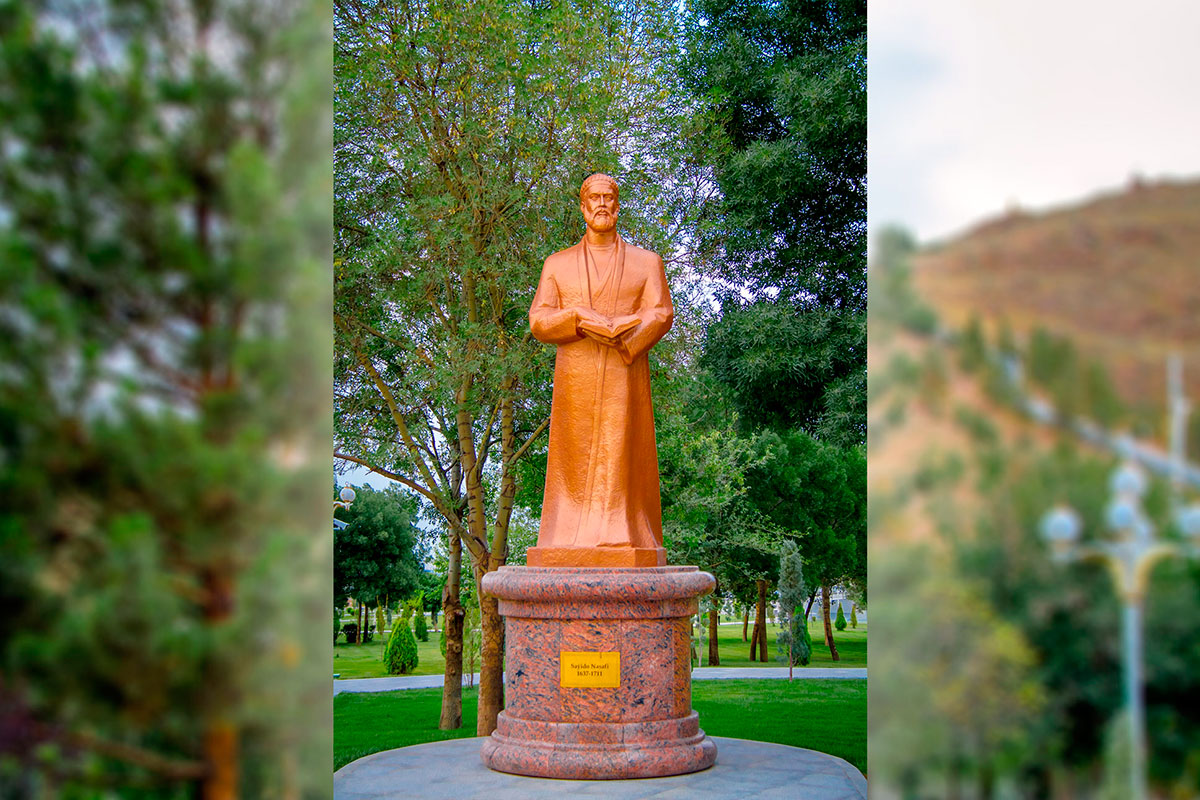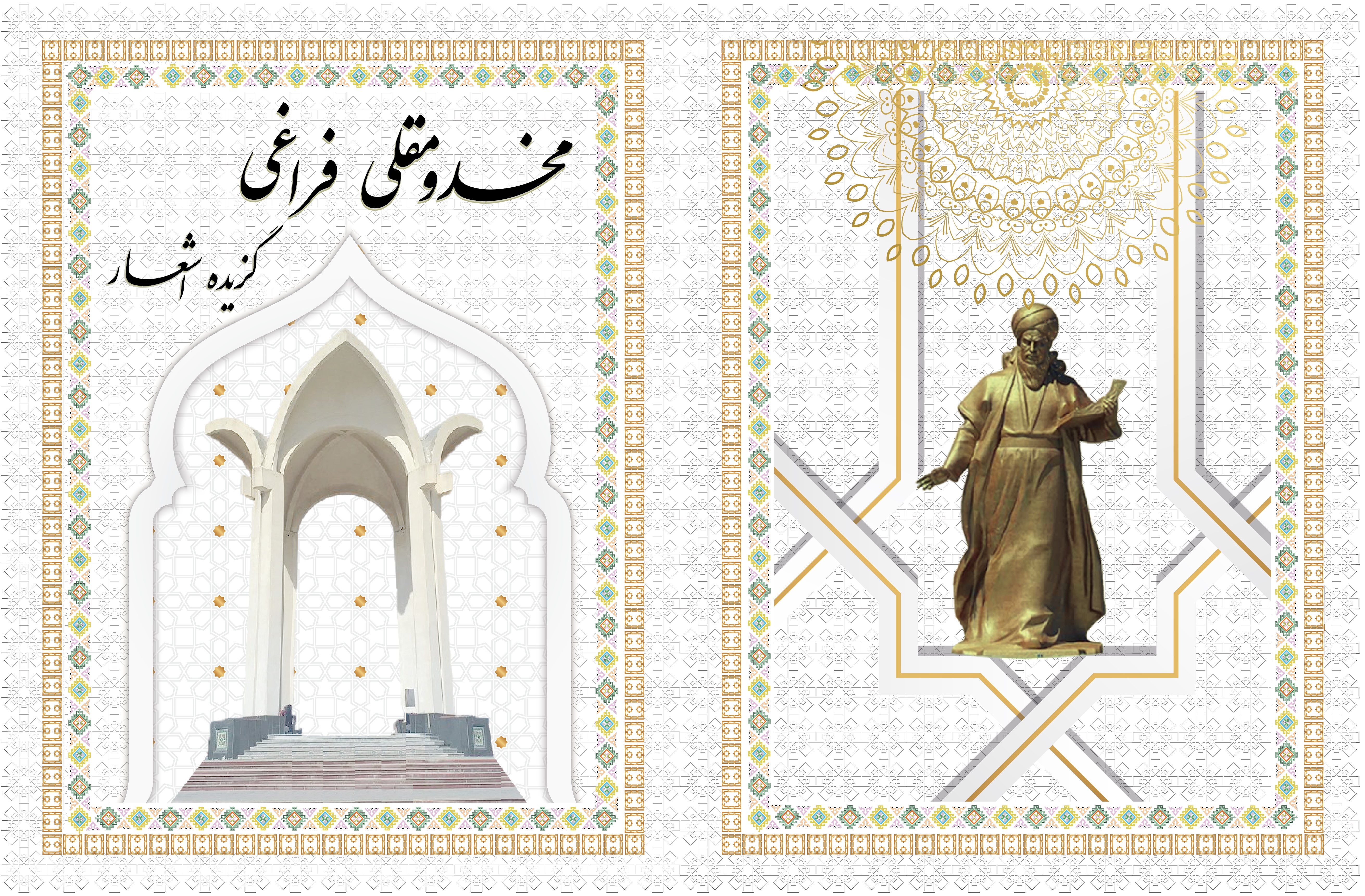This year, a new cultural and park complex was opened at the foothills of the Kopetdag Mountains in a solemn ceremony to commemorate the 300th anniversary of the birth of the classic Turkmen literature figure Magtymguly Fragi. Symbolically, this large-scale site, in addition to a majestic monument to Magtymguly, includes an alley of famous poets and thinkers from various countries and eras, emphasizing its significance in the context of friendship among peoples and the unity of humanity's cultural heritage.
The park complex features 24 monuments to world-renowned writers and poets from different countries. The editorial team of "Golden Age" considered it appropriate to acquaint readers, especially children and young people, with the lives and works of the outstanding personalities whose monuments adorn Magtymguly Alley. This is important because some of these geniuses of their time visited Turkmenistan. "Golden Age," by publishing information about them, does not claim to provide comprehensive coverage of each personality, especially since over time, not much information has been preserved about many of them.
Today's brief story is about the Turkish poet Yunus Emre, a pioneer of Turkish poetry, who had a tremendous influence on Turkish literature.
The life and works of Yunus Emre are shrouded in legends. He was a wandering singer-dervish. The exact dates of his birth and death are disputed, but most experts agree on the years 1238-1321. The places of his birth and burial are also not precisely known; however, it is believed that he was born in the village of Sarikoy near Eskishehir.
Yunus Emre was not illiterate. It is known that he graduated from a madrasa, knew Arabic and Persian languages, and studied all the sciences that were customary to study at that time. Traces of this knowledge can be seen and followed in his works. Yunus Emre lived a simple and ordinary life. He was a disciple (murid) of a famous Sufi sheikh and spent his entire life wandering.
Yunus Emre was a poet who brought written literature closer to the life of ordinary people. Alongside Ahmed Yesevi and Sultan Walad, he was among the first to use colloquial Turkish in poetry.
Thoughts about loyalty to love, ideas of humanism, and careful treatment of nature's beauty are expressed in his poems. His works have been published many times in Turkey and other countries. The language of his poems is clear and easy to read. One of his most significant creations is considered to be the collection "Divan," where the author appeals to human virtues and calls for universal values.
Yunus Emre, being a follower of Khoja Ahmed Yesevi's teachings, became a model of high morality for people. His poetry largely transcended literary boundaries. The poet made a significant contribution to reviving the Turkish nation by reminding people of their national values. For centuries, Yunus Emre's works have been regarded as classic examples of Turkish poetry and literature. It is no coincidence that UNESCO declared 2021 as the Year of Yunus Emre and the Turkish Language.
The great Turkic-speaking poet Yunus Emre remains one of the most important representatives of Turkish language and literature thanks to his wonderful voice that has preserved its marvelous sound even through centuries. Annually, events dedicated to Yunus Emre Culture and Art Week are organized in memory of this Turkish thinker and poet in Turkey's Eskishehir province.
In many cities around the world, numerous monuments have been erected in honor of the poet; squares, streets, as well as numerous parks and gardens have been named after him.








